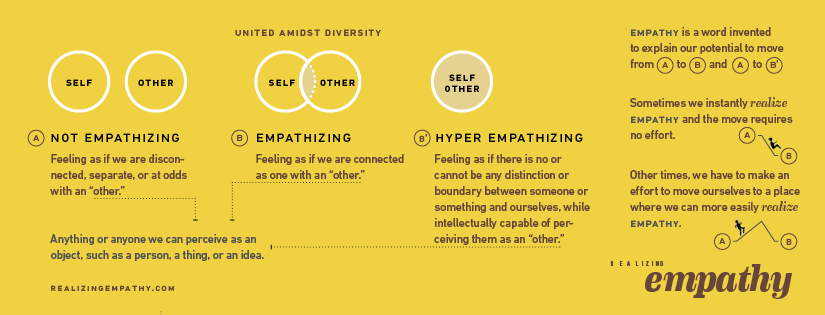When someone,
who has been doing their best
to be strong,
is told
to “be strong,”
it can be interpreted to mean
“your strength
is not enough.”
Tag: Best
Doing Our Best
Doing our best
requires clarity,
acceptance,
and appreciation
of our own
limits.
Otherwise
we may confuse our best
with someone else’s:
someone
with different
limits.
Such confusion
can give rise to shame
and doubt,
preventing us
from doing our
best.
Replaceable
There are leaders
under whom we feel
replaceable.
Not because they want us
replaced,
but because they focus
on whether we do well
or poorly.
Planting within us the idea
that our job
is to meet their
expectation.
…
There are also leaders
under whom we feel
needed.
Not only because they need us,
but because they tell us
vulnerably so
that
they need us.
That they cannot do this
by themselves.
That they need
our help.
Planting within us the idea
that our job
is to be
our best.
Thanks to Connie Chun
who inspired this post.
Best vs Ideal
Doing our best
does not guarantee
an ideal outcome.
In fact,
what doing our best can do
that doing less cannot
is expose to us
our limitations.
In such a way
that we become motivated
to either
accept our limitations
with our whole heart
or
embark on a journey of development
to extend the boundary
of our limitations.
Recovering from Betrayal
“I did my best.
I meditated.
I actively listened.
I created psychological safety.
Yet, they still let me down…”
a founder lamented.
…
Once upon a time,
I was cheated on.
Externally,
I was angry.
I thought I had done
my best,
and yet
this had still happened.
Some said,
that to recover
I needed to hear
her regret.
Perhaps.
But I was already overwhelmed
with my own.
“I should’ve done X.”
“I could’ve done Y better .”
“Why didn’t I know
that Z was not enough?”
Because internally,
I was ashamed.
In hindsight,
what I needed
was appreciation.
The kind
that would’ve helped me let go
of the unconscious belief
that I hadn’t actually
“done my best,”
and thus deserved
to be abandoned.
…
There are times,
when we think “doing our best”
means following best practices
as espoused by podcasts
or academic research.
It can.
So long as it also means
accepting we’ve done our best
even if the practices fail.
So long as it also means
learning to grieve
when they fail.
So long as it also means
leveraging the meaning
of them having failed.
All
for the purpose
of recovery.
